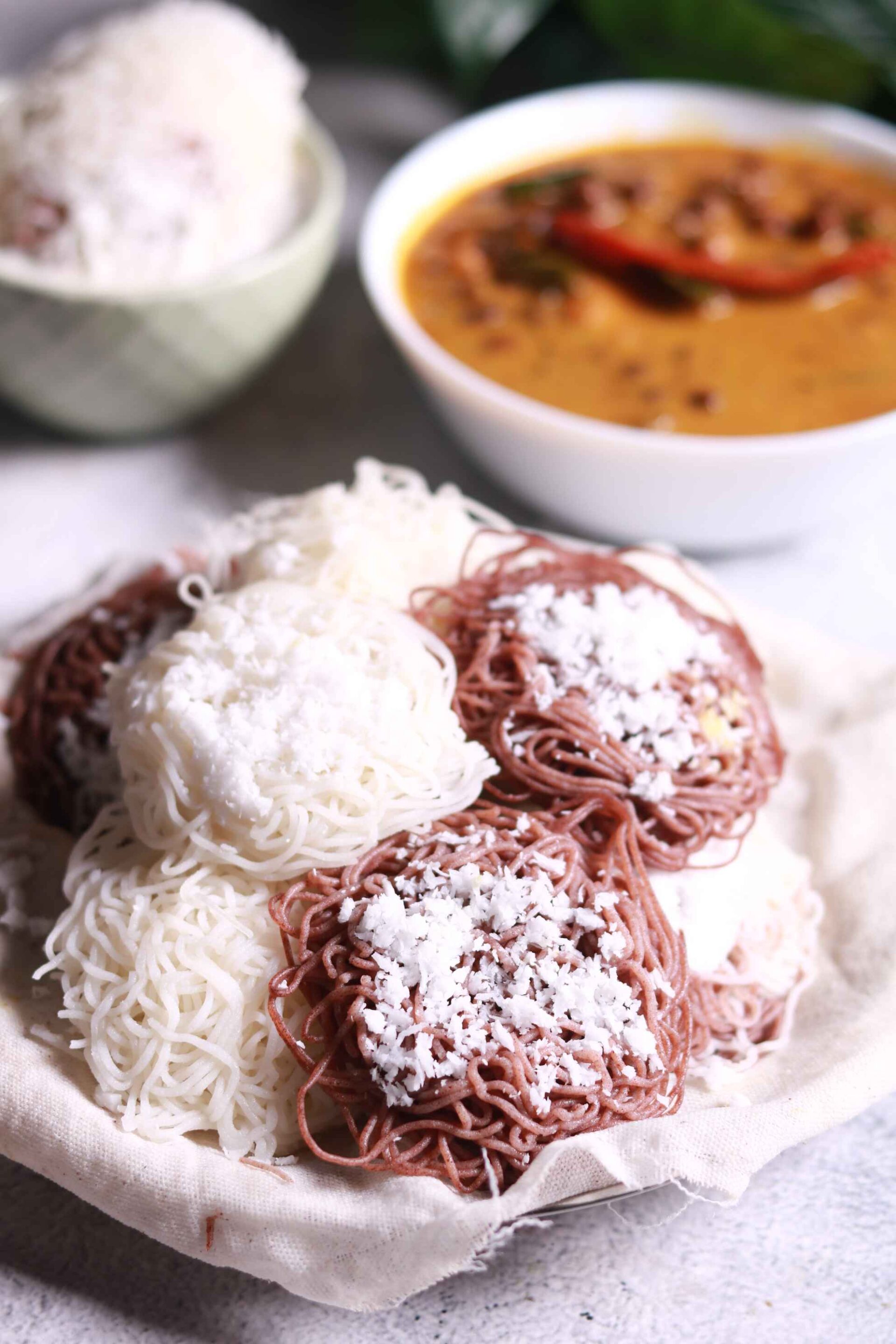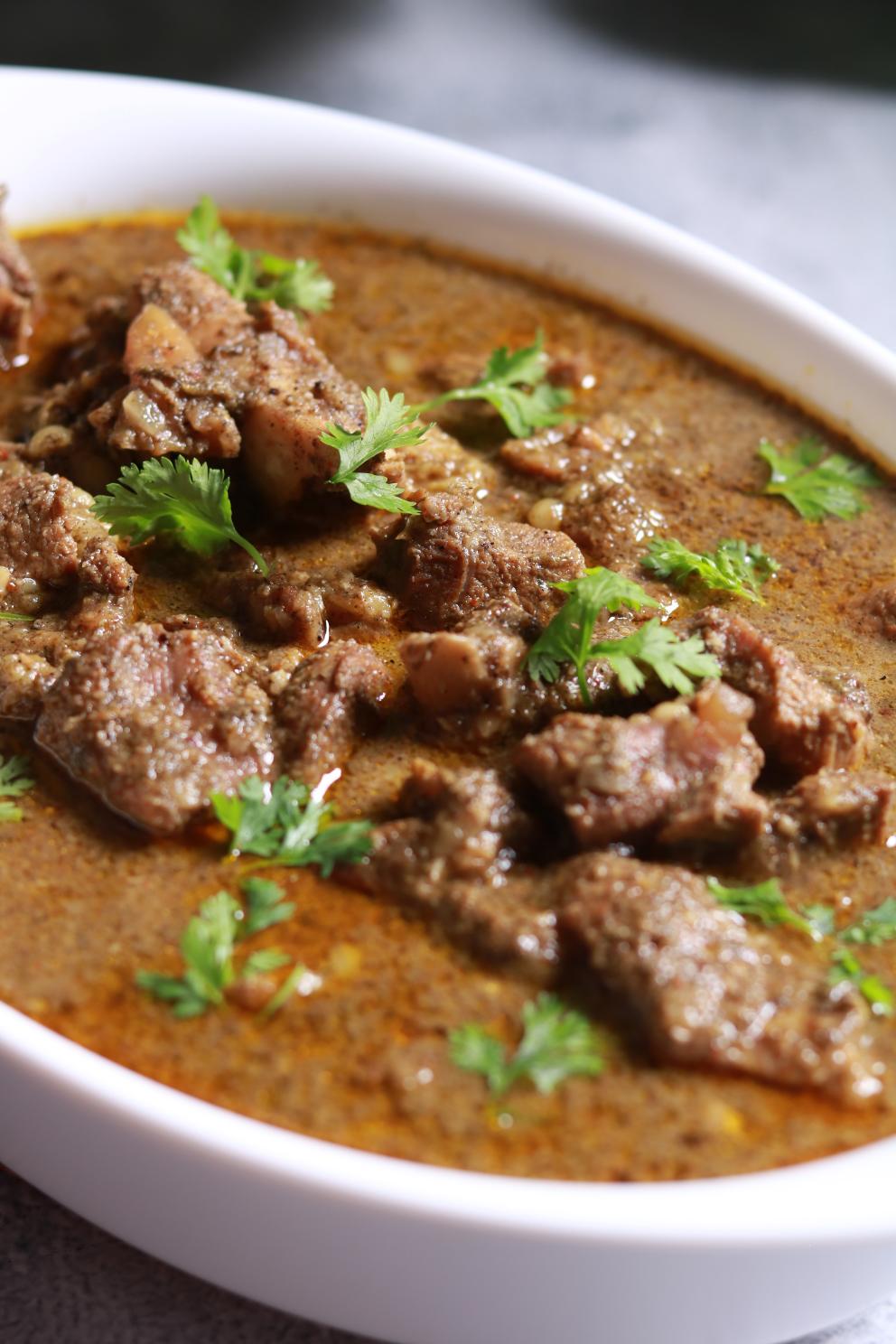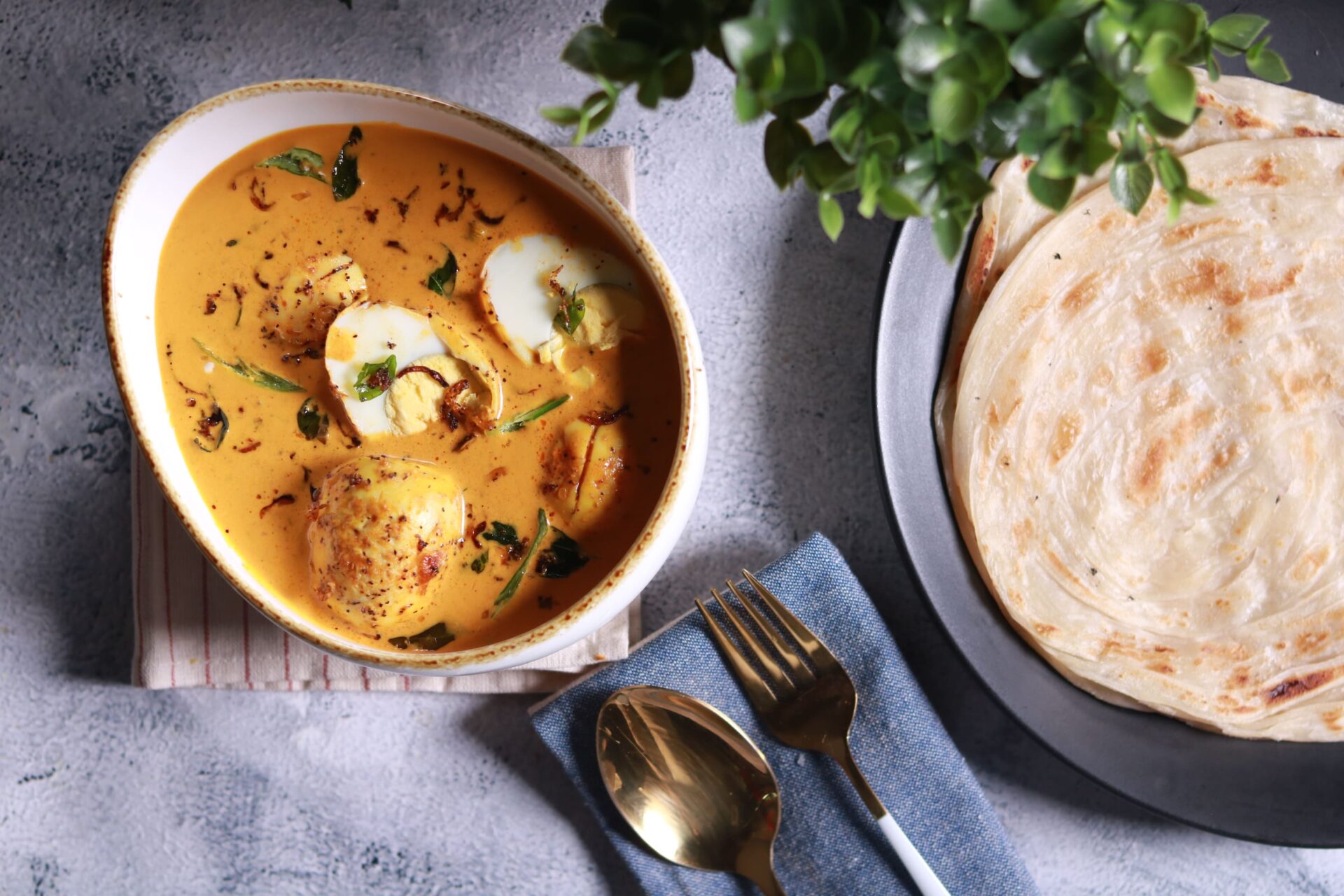Hello, foodies! I’m here to introduce you to one of my all-time favourite desserts – Gajar Ka Halwa. If you don’t know what it is, let me enlighten you. It’s a North Indian sweet dish made from fresh carrots, milk, sugar and infused with cardamom; garnished with dry fruits and ghee (clarified butter); it’s both sweet, creamy and has a slight crunch to it.
Why I LOVE… This Recipe!

Gajar ka halwa is like a tight hug on a COLD day. Ghee and cardamom scent fill the kitchen, drawing irresistibly. Its bright ORANGE color and smooth consistency makes it pleasing to the eye as well as to the palate. What I love most about it is that it feels so familiar; every bite seems like home. The delicate carrots that melt in your mouth with milk’s richness together nuts’ crispiness are enough to create an exciting mix between flavors and textures. Whether eaten during family get-togethers or late-night snacks alone, this dessert unites people together. Simple but deeply fulfilling, GAJAR ka HALWA remains an all-time favorite which never fails to light up my day.

What makes Gajar Ka Halwa beautiful is not only its flavor but also its simplicity. You don’t need fancy ingredients or complicated cooking techniques for this one. But don’t underestimate it! Even though being simple on the outside might seem like nothing special at first glance those who have tasted this humble dessert know better than anyone else that flavors within can easily steal any meal’s thunder.
History Of Gajar Ka Halwa
The origin of Gajar Ka Halwa can be traced back to the Mughal era where they were called carrot pudding. According to history books, the royal cooks used to make these dishes in their kitchen for the Mughal emperors themselves who were known for having rich aromatic meals always cooked up by them exclusively brought from different parts of India during that time period.
Did you know that the type of carrot used in gajar ka halwa also has its own story? The red variety is different from the orange ones which are available throughout year. Red carrots have a sweet, juicy and crunchy taste making them perfect for this dish!
Why Gajar Ka Halwa Is A Perfect Dessert For Any Occasion?
Gajar ka halwa is loved by all because it can fit into any kind of meal setting – be casual family dinner or feast during weddings; Grand banquet halls filled with people celebrating their love for each other while enjoying good food together. It’s a dish that warms up cold winter nights but at same time adds sweetness to summer gatherings too.
Apart from being just an ordinary dessert treat; gajar ka halwa represents joyfulness wherever served hence why most times people prepare during festive seasons such as Diwali, Eid or Holi as well as on birthdays and anniversaries when everyone wants some extra love shared around through something really tasty like rich creamy sweetness coming from within each mouthful consumed thereafter!
Gajar ka Halwa: Image Gallery






Chef Yogi’s Notes
Now that you know the history and different types of Gajar Ka Halwa let’s talk about how we can make the best one yet! Here are some tips:
- Always use fresh juicy red carrots as they have the best flavor.
- Be patient when cooking halwa because it takes time for carrots to cook down and flavors develop.
- Don’t skimp on ghee – this adds richness to halwas making them more indulgent!
- Add sugar according to your taste – sweetness levels vary according to carrot so adjust accordingly
- Lastly enjoy yourself while cooking – remember that cooking is not only about what comes out at end but also how much fun we had getting there with our own hands!
Common Mistakes To Avoid While Making Gajar ka Halwa
While making Gajar ka Halwa may seem simple enough there are few common mistakes that can alter its taste and texture:
- Overcooking carrots – Overcooked halwas become mushy which alters their flavoring drastically!
- Adding too much sugar- Excessively sweetening dish kills natural sweetness found in carrot itself thus ruining overall balance of flavors within recipe .
- Failure stirring frequently -If mixture isn’t stirred continuously while over low heat then chances are high that mixture will stick onto bottom side leading burning smell throughout whole dish .
- Quick cooking process – This traditional Indian dessert must be cooked slowly over period time so as allow flavors develop fully otherwise outcome won’t match expected flavor profile desired from dish.
Ingredients
- 4-5 medium-sized winter carrots approximately 500 gm, finely grated
- 2 cups full cream milk
- 4 tbsp Ghee
- 4 nos Cardamom pods crushed for a burst of aroma
- 1/2 cup Refined sugar Granulated or fine
- 8-10 pieces broken cashews or your choice of dry fruits
- 2 tbsp Mawa or condensed milk
Instructions
Prepare the Carrots:
- Wash, peel & grate the carrots.
- Heat 4 tbsp of Ghee in a Kadai (Wok).
- Add crushed cardamom, allowing its aroma to infuse into the ghee.
- Introduce the finely grated carrots to the kadai.
Sauté and Evaporate:
- Saute the carrots on a medium flame until the moisture evaporates, and the mass reduces to about half.
Add Milk:
- Pour in the full cream milk and stir consistently.
- Continue cooking until the milk completely evaporates, and you notice the oil separating from the halwa.
Incorporate Sugar Smartly:
- Now, it’s time to add the sugar. It’s crucial to add it at this stage to prevent premature caramelization, ensuring a lighter color for your halwa.
- Melt the sugar, sauteing until the halwa starts leaving the sides of the pan, and ghee oozes out.
Final Touch:
- Add the Mawa (or condensed milk) and the broken cashews on top. (Incase using condensed milk add lesser sugar in the recipe)
- Gently mix the ingredients to achieve a delightful consistency.
Serve and Enjoy:
- Your Carrot Halwa is now ready to be served hot, captivating your taste buds with its rich, aromatic flavors.
- This sweet treat not only embodies the essence of seasonal ingredients but also serves as a wonderful addition to your culinary repertoire. Whether you’re a seasoned chef or a passionate home cook, this Carrot Halwa recipe is bound to impress. Happy cooking and indulging in the goodness of homemade delights!
Notes
FAQ: Your Gajar Ka Halwa Quires answered.
Q1: Can I use frozen carrots for Gajar Ka Halwa?
A1: Yes, you can use frozen carrots, but ensure they are thawed and drained before cooking for the best texture.
Q2: What’s the key to achieving a rich Gajar Ka Halwa with khoya?
A2: Adding khoya (reduced milk solids) enriches the halwa; cook it until it blends seamlessly for a creamy texture.
Q3: How can I make Vegan Gajar Ka Halwa?
A3: Substitute regular milk with almond or coconut milk, and use vegetable oil or margarine instead of ghee for a vegan version.
Q4: What’s the best way to store Gajar Ka Halwa?
A4: Store in an airtight container in the refrigerator; it stays fresh for up to 3-4 days.
Q5: How do I prevent the halwa from sticking to the pan?
A5: Constant stirring and using a non-stick pan help prevent sticking and ensure an even cook.
Q6: Is it necessary to use cardamom in Gajar Ka Halwa?
A6: Cardamom enhances the flavor, but you can experiment with cinnamon or nutmeg for a different aromatic profile.
Q7: Can I freeze Gajar Ka Halwa for later consumption?
A7: While it’s best enjoyed fresh, you can freeze in airtight containers; thaw and reheat for later servings.
Explore Our Latest Recipes
-

Authentic Idiyappam Recipe: Soft String Hoppers from South India
Authentic Idiyappam- Hey there, if you’ve ever been lucky enough to dig into a plate of fluffy Idiyappam at a South Indian home or restaurant, you know that magic—those delicate rice noodles, steamed to perfection,… Read more
-

Authentic Kala Mutton Curry (Black Mutton)
Hey there, if you’re craving something rich, smoky, and downright addictive, let’s talk about black mutton curry, or kala mutton as it’s known in Maharashtra. This Maharashtrian gem gets its name from the deep, almost black… Read more
-

Traditional Kerala Egg Curry with Coconut Milk (Mutta Curry)
If there’s one dish that makes a slow, rainy morning in Kerala feel extra cozy, it’s a Traditional Kerala egg curry with coconut milk, served with soft Paratha or lacy dosa. This is the kind… Read more

















